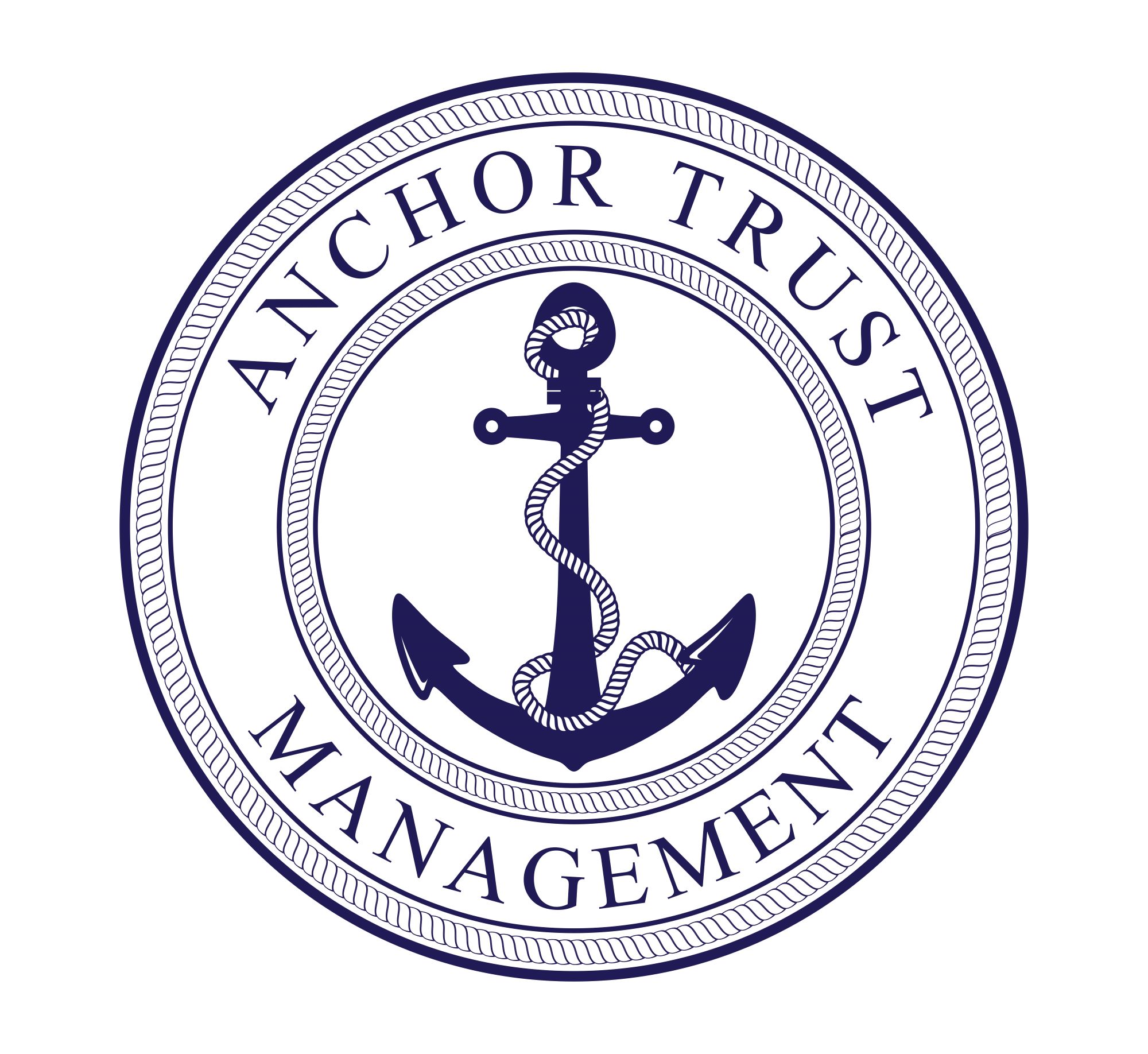Florida law considers your business an asset just as much as your car or 401K – and if you pass away without a will or trust, your business affairs may not be handled as you might expect. Establishing a business plan in a will or trust can help ensure your professional legacy is secure.
Business Considerations and Succession Planning
Just as every business is unique, so is every estate plan. For example, a Florida business owner may run an auto shop that they hope to pass to their children one day, or co-own a restaurant with a business partner. Perhaps they run a marketing agency from home, and employ freelancers for various projects throughout the year. In each of these scenarios, the needs of the business would vary greatly, should the owner pass away.
Whatever the industry or scale of your organization, consider these questions when establishing your plan:
- Do you want your business to continue or close operations after you die?
- Do you wish to keep your business within your family, or bestow it to a trusted business partner?
- How should leadership within your team be structured after your passing?
- Who will have the authority to sign contracts and other legal agreements?
While you’re not required to work with an attorney to draft a will or trust, doing so can ensure that all your cares and concerns are addressed. Additionally, if you establish protections for your business outside of a will or trust, such as business insurance, it’s important to provide your estate attorney with that information. Your personal representative will need to know how to access all the provisions you’ve put in place.
What Happens If There’s No Will or Trust?
In the eyes of the law, your business is considered an asset, just like your home or bank account. Therefore, if you pass away without a will or trust, your business will be subject to Florida’s intestate laws. These laws determine an order of succession for inheritance. The order typically starts with the decedent’s spouse and children, then their parents, then siblings. If the decedent has no living relatives in the aforementioned roles, it would branch out further to extended family.
As you can imagine, this may result in extensive disagreements and even litigation amongst your loved ones, and your hopes for your business may not pan out. Some heirs may want to sell the business, while others may want to continue to grow it in your honor. However, even if your loved ones do wish to keep the business running, they may not have the industry expertise necessary to run it efficiently.
Remember that in the wake of your death there are many immediate needs for your business, from paying employees and expenses on time to communicating the news to your clients and vendors. It’s critical to pass on this responsibility to someone you trust to show exceptional leadership skills in the midst of grief.
Designating a Durable Power of Attorney
In addition to a will or trust, advance care directives can help protect your business during your life. One example is a durable power of attorney (POA). Through a durable POA you can designate someone to manage your business affairs, and this authority remains should you become incapacitated.
There are many scenarios where a durable power of attorney is extremely helpful. You may wish to travel more as you approach retirement, and do so knowing your business is still running smoothly back home. Or you may have received a serious diagnosis like dementia or cancer, and want to ensure your business and staff will be taken care of should you become unable to lead.
From advance directives to wills and trusts, our team will approach your estate plan with discernment and expertise. Get connected for a free consultation.


